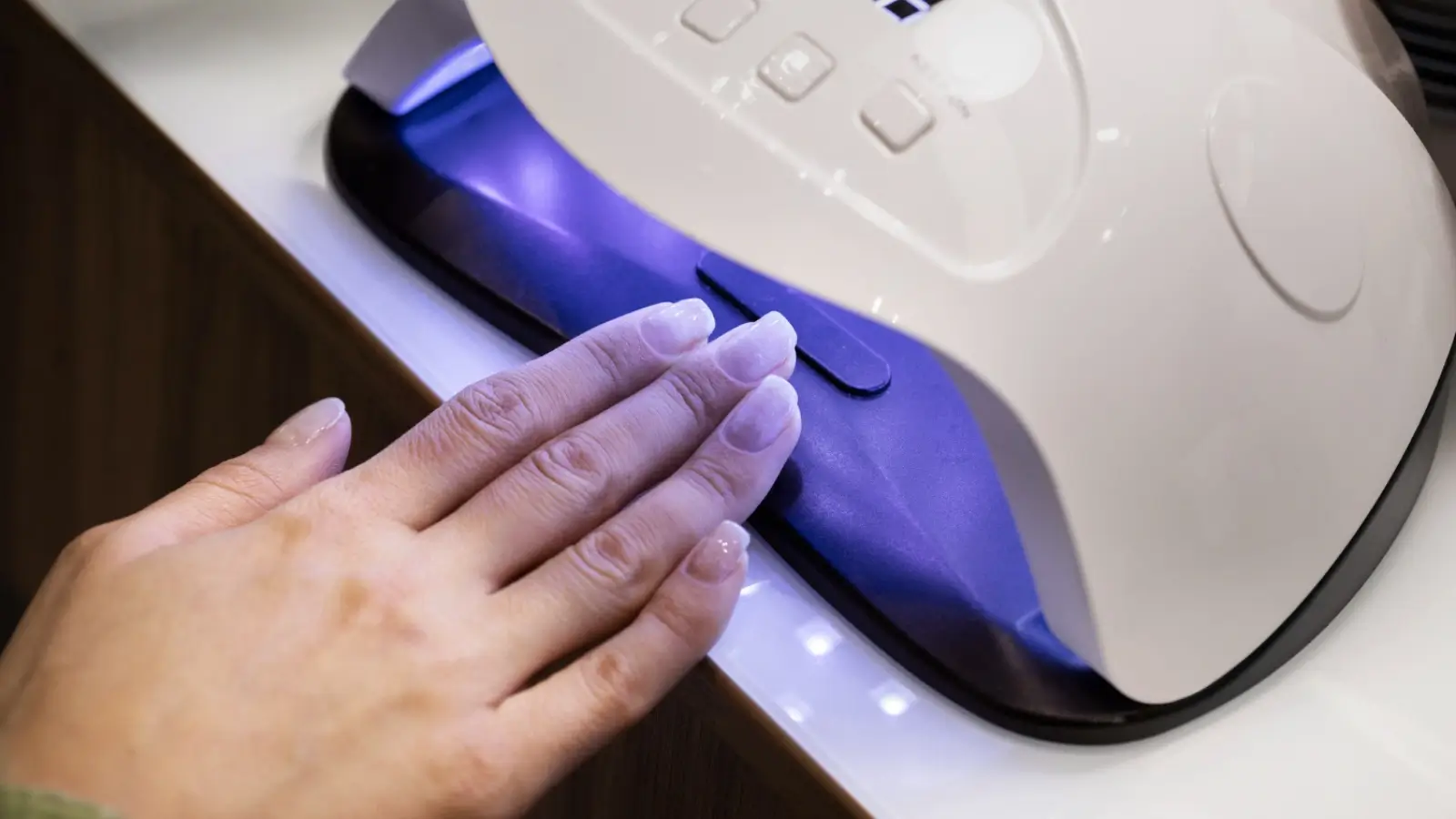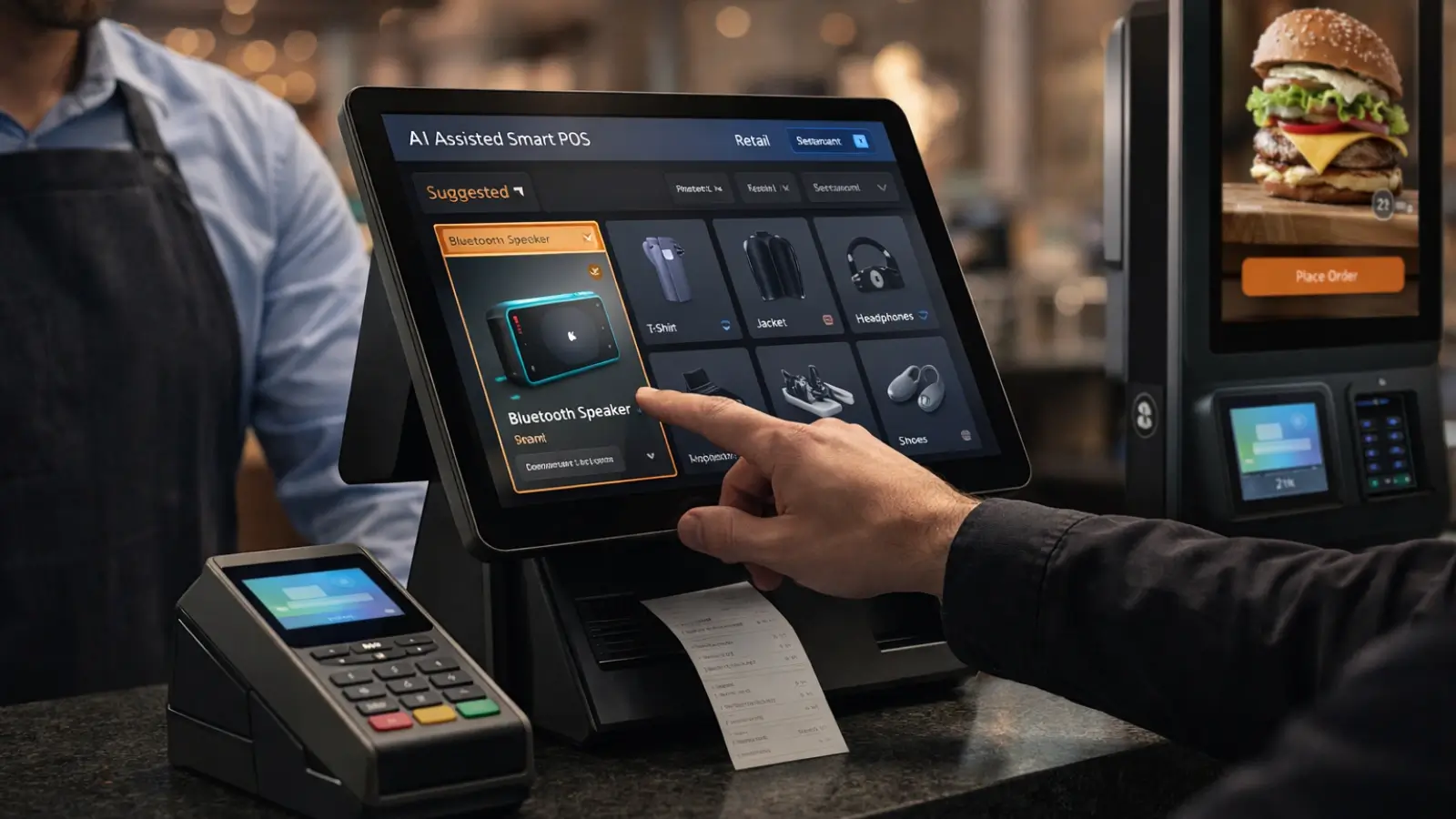In an age where power outages can disrupt daily life, having a generator can be a lifesaver. Whether you want to maintain your comfort during a blackout or ensure that your essential appliances keep running, understanding what size generator you need to run your house is essential. This guide will help you navigate the options available, including silent generators, portable generators, and the performance-driven Ford generators, so you can make an informed decision.
Understanding Your Power Needs
Before choosing a generator, it's vital to assess your household's power requirements. Generators are rated in watts, and all the appliances you plan to run will contribute to the total wattage you need. Here’s a simple process to determine your power needs:
1. List Your Appliances: Start by creating a list of the appliances and devices you wish to power. Common household items include refrigerators, air conditioners, lights, and electronics.
2. Check Wattage Ratings: Look for the wattage requirements on the appliance labels, or refer to the manufacturer’s specifications. Keep in mind that some devices require a higher starting wattage than their running wattage—particularly motors like air conditioners or refrigerators.
3. Total Your Wattage: Calculate the rough total of your wattage requirements. It is wise to add about 20% more to your total to ensure you have enough capacity to handle any additional load you may need in the future.
Types of Generators
Now that you have a better understanding of your power needs, let’s look into three popular types of generators suitable for home use.
1. Silent Generators
Silent generators are an excellent choice for homeowners who want reliable power without noise pollution. These generators utilize advanced technology to operate quietly while delivering the necessary power for your home. If you live in a suburban area with noise restrictions or just want a more peaceful environment during an outage, silent generators can offer a range of capacities, ensuring you find one that meets your wattage needs.
2. Portable Generators
Portable generators are versatile and are designed to provide a temporary power solution during emergencies or outdoor activities. They are generally less expensive than permanent generators and can power essential devices like refrigerators, lights, and medical equipment if necessary. While they are easy to transport and can be used in various locations, it’s crucial to ensure proper ventilation to avoid carbon monoxide buildup, especially in closed or semi-enclosed spaces.
Which Size Should You Choose?
In general, homeowners looking for a generator for essential appliances may find that a generator rated between 3,000 to 7,500 watts serves their needs. However, if you need to power additional devices or have larger appliances, look for a generator that can handle higher wattages. Here’s a quick guide to help you choose based on your wattage needs:
- 3,000 to 5,000 Watts: Suitable for small homes or apartments, can support basic appliances such as lights, a refrigerator, and a few electronics.
- 5,000 to 7,500 Watts: Ideal for medium-sized homes, can power a larger refrigerator, some heating/cooling equipment, and essential electronics.
- 7,500 Watts and Above: Best for larger households or home offices requiring power for multiple heavy-duty appliances simultaneously.
Conclusion
Choosing the right size generator for your home involves assessing your power needs and exploring your generator options, including silent generators, portable generators, and Ford generators. With careful consideration and planning, you can find a reliable power source to keep your home running smoothly during outages. Always prioritize safety, adhere to generator usage guidelines, and consult a professional if you have specific power requirements or questions. Being prepared can make all the difference during unexpected power interruptions.
Remember, investing in a generator not only provides peace of mind but also ensures that you and your family can stay comfortable, no matter the circumstances.

















